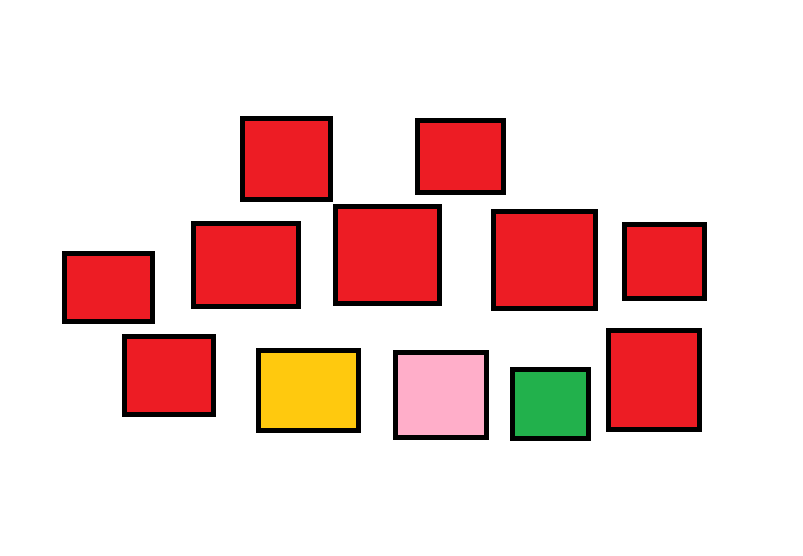They're already going away.
There are currently around 2 billion personal computers in the world (the kinds of things with keyboards and mice). In contrast, there are about 6 billion devices connected to the internet not including personal computers. Devices that don't have a keyboard and mouse outnumber those with by 3-to-1, and we haven't yet included computers that don't connect to the internet.
Current examples of alternative methods of input for computers:
- Video game controllers (which can even have well-designed alphanumeric input; see Steam Big Picture)
- Your car's steering wheel and pedals
- Everything you do on your smartphone
- And tablet
- Lots of custom inputs (e.g., coffee maker, refrigerator, Nest thermostat)
- Voice (Siri, Cortana, Ok Google, Dragon)
- Three dimensional holographic manipulation (consumer ready now? No. But I've seen the concept designs and prototypes, and it's pretty great)
Okay, okay, you specifically asked about "complex/precision" tasks such as programming and graphic/industrial design.
Graphic/industrial design is easy: you want a pen-enabled touch screen. A big one. Pens not only give you pixel-perfect precision, but removes the barrier of the mouse concept for a more direct interface.
As a software engineer, I really can't imagine anything better than a keyboard and mouse for programming. That being said... I've been using them for so long, that at this point it's just a personal block I have. As an author, I can't imagine anything better than a keyboard and mouse for writing, yet Terry Pratchett wrote most of his final books with his voice. While it would certainly require a very special programming language and IDE, I could certainly see people using voice to program (other people, not me; I really can't get into voice controls for my GPS, let alone programming).
But, about that mouse... I haven't seen a desktop computer in quite a while. And if we're talking laptops, pretty much all laptops come with either a touchpad or the "nubbin", and not a mouse, to control the on-screen pointer. Many people no longer bother with a proper mouse anymore. And if you're concerned about speed and precision with either of those, that just means you're not an expert in them; people who do use them exclusively are just as good as you are with a mouse.
Some people don't even use mice. I've even heard arguments that the mouse/keyboard combination is slower than pure keyboard input (though I'm sure that's entirely dependent on the person).
The most interesting barrier seems like it's going to be how to get large blocks of text accurately into a system. An argument could be made about the difficulty of speaking special characters for programming, but I don't believe that to be true. If we had, for instance, a pure voice method of programming, we would design programming languages conducive to that format. After all, if Ook! is a language...
Anyway.
Could voice replace hands for lengthy text inputs? It certainly seems possible. Speaking is something that basically everyone does, while keyboard use is driven entirely by technological restriction and necessity. As voice controls get better, fewer and fewer people will use keyboards (other than specialists). And once voice gets good enough, even the specialists will probably switch over.

